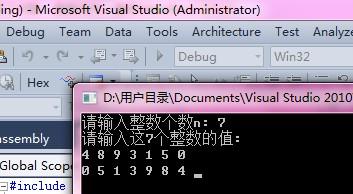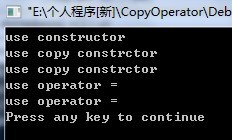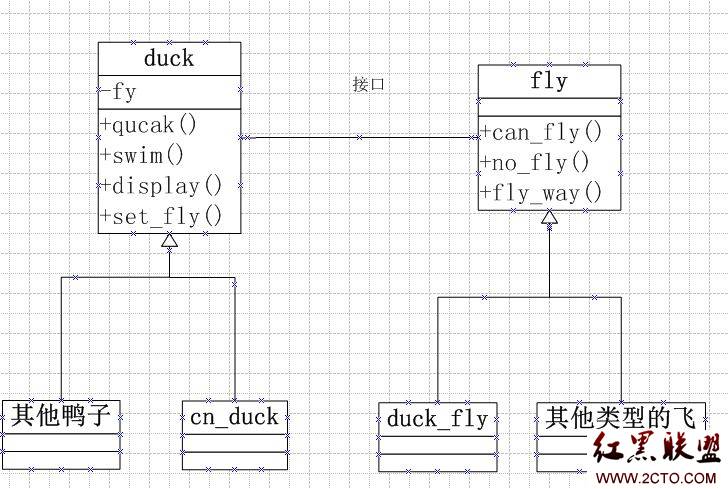POJ 1845 Sumdiv
Sumdiv
Time Limit: 1000MS Memory Limit: 30000K
Total Submissions: 10953 Accepted: 2592
Description
Consider two natural numbers A and B. Let S be the sum of all natural divisors of A^B. Determine S modulo 9901 (the rest of the division of S by 9901).
Input
The only line contains the two natural numbers A and B, (0 <= A,B <= 50000000)separated by blanks.
Output
The only line of the output will contain S modulo 9901.
Sample Input
2 3
Sample Output
15
Hint
2^3 = 8.
The natural divisors of 8 are: 1,2,4,8. Their sum is 15.
15 modulo 9901 is 15 (that should be output).
Source
Romania OI 2002
个人感觉这题是很棒的,要熟悉性质,还要会用递归的方法求等比数列,
[cpp]
#include <stdio.h>
#include <string.h>
#include <math.h>
__int64 xiang[100000],xishu[100000];
__int64 mod=9901;
int main()
{
__int64 deal(__int64 p,__int64 n);
__int64 i,j,n,m,s,t,top,res,key;
while(scanf("%I64d %I64d",&n,&m)!=EOF)
{
if(n==0)
{
printf("0\n");
continue;
}
memset(xiang,0,sizeof(xiang));
memset(xishu,0,sizeof(xishu));
for(i=2,top=0;i<=(int)(sqrt((double)(n))+0.01);)
{
if(n%i==0)
{
while(n%i==0)
{
xiang[top]=i; xishu[top]++;
n=n/i;
}
}
top++;
if(i==2)
{
i=3;
}else
{
i+=2;
}
}
if(n!=1)
{
xiang[top]=n;
xishu[top]++;
top++;
}
for(i=0,res=1;i<=top-1;i++)
{
t=deal(xiang[i],xishu[i]*m);
res=(res*t)%mod;
}
printf("%I64d\n",res);
}
return 0;
}
__int64 f(__int64 p,__int64 n)
{
__int64 res=1;
p=p%mod;
while(n>1)
{
if(n&1)
{
res=(res*p)%mod;
}
p=(p*p)%mod;
n=n/2;
}
return ((res*p)%mod);
}
__int64 deal(__int64 p,__int64 n)
{
__int64 t;
if(n==0)
{
return 1;
}
if(n%2)
{
t=deal(p,n/2);
return (((1+f(p,n/2+1))%mod)*(t%mod))%mod;
}else
{
t=deal(p,n/2-1);
return ((((1+f(p,n/2+1))%mod)*(t%mod))%mod+f(p,n/2)%mod)%mod;
}
}
补充:软件开发 , C++ ,





